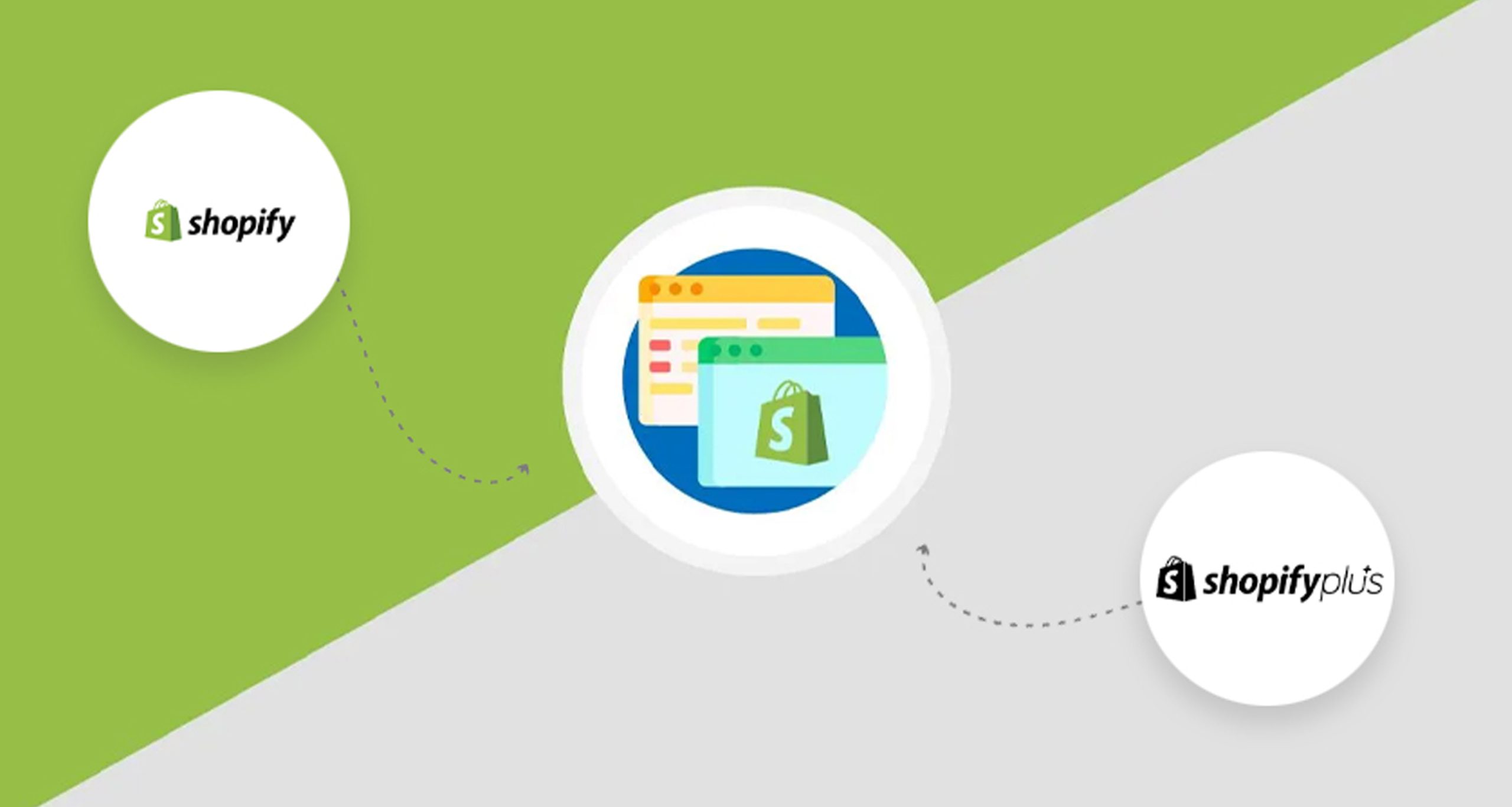Shopify is a globally trusted platform for launching online stores. Many big and small businesses use it to successfully run their eCommerce outlets.
Read MoreThe way we shop in 2019 is completely different in comparison to the way we shopped in 2009. Popular platforms like Amazon, eBay and many more have entirely changed the way we buy products, taking us from delayed gratification to the click-to-buy and next-day-delivery phenomena; not to forget the low prices and the number of options.
Want a full-sleeves black shirt? No problem, just insert that in the search bar and voila. This is the power of eCommerce or online shopping.
But where does the eCommerce world go from here? If it’s expanded and evolved this much in the last ten years, what’s next?
Media forecasts predict that, by 2021, the US online retail market will hit $1.2 trillion. With this kind of exponential growth, there will inevitably be teething problems, some of which have already started to surface.

This is where blockchain comes into the picture. Both eCommerce and blockchain are all about transactions; where eCommerce is dependent on them and blockchain make them faster, safer and feature-rich than ever before. Each and every step involved in the purchasing process is recorded on the blockchain – from the buyer placing the order and making a payment, to the seller receiving payment and shipping the product, and ultimately the buyer’s receipt of product closing out the proof-of-work cycle. Apart from an easy, safe transaction, blockchain is ought to redefine eCommerce in a number of ways. The emerging technology is all set to revamp and impact eCommerce and make way for seamless user experience.
Let’s find out how.
Data Security
One of the problems with existing eCommerce platforms is how data is stored. These platforms are home to a huge amount of data, collected directly from customers and retailers. The data is stored on centralized servers where it is vulnerable to online criminals. Certain eCommerce companies have even suffered attacks from cybercriminals and a substantial amount of data has been stolen. However, with a blockchain based eCommerce platform, it is virtually impossible to suffer such attacks since blockchain platforms are decentralized, which in turn decentralizes the customers’ data as well. It is virtually impossible to hack all the nodes of a blockchain platform, so the is considered to be relatively safe.

More Secure Payments
Blockchain-based currencies don’t expose personally identifiable information. This serves as one of the biggest advantages of this technology. As per a study, credit and debit cards were used in approximately 100 billion transactions in the year 2015 for a value of $5.72 trillion dollars. However, 31.8 million US consumers were victims of credit card fraud just one year prior. Blockchain eliminates all such chances.
It allows customers to directly transfer the amount from his bank account to yours without any middlemen like Visa, MasterCard or PayPal taking a share of your profit. It works great for payment processing while balancing speed, privacy and integrity. Thus, customers and merchants can make secure transactions quickly without exposing themselves nearly as much to fraud.
Cost Reduction
Cost reduction has become a buzzword for selling regardless of the product or service but blockchain delivers on this promise. The ability to combine payment processing, inventory management, product images and descriptions, with other business processes means fewer systems to maintain, less need for IT support staff and fewer administrative tasks to be performed. This, in turn, helps in saving costs to a great extent.
Further, maintaining a small online store is a 24/7/365 job. The power of blockchain enables online vendors to spend more time running their business and less time running their online store.
Inventory Control
By incorporating smart contracts* into the blockchain, not only inventory items can be decremented from inventory as with some standard shopping carts, but replacement stock can also be ordered when pre-defined thresholds are reached. Moreover, a host of other functions can be automated to ensure that your online store never runs out of a product, and at the same time ensures that excess inventory is not accumulated.
*a smart contract is a relatively small computer program that can be stored on a blockchain and automates certain tasks according to preset rules.
Supply Chain Tracking
An online store can live or die depending on the reliability of its supply chain. Not only does the store operator need to know what stock is in the pipeline and when it will arrive, but it is also crucial for them to make sure vendors are supplying the exact products ordered. The problem of fraud in the supply chain can result in inferior products being delivered, or even those with safety-related issues.
By using the blockchain to track the supply chain, eCommerce companies can ensure that vendors do not substitute products without notice and transparency is maintained throughout the process.
Conclusion
Though eCommerce has rapidly spread its roots all over as everything has its pros and cons, so does eCommerce. Luckily, the 21st century is continually bringing in some major technologies that are self-sufficient and tech-uplifting at the same time. So is blockchain. The technology is giving major eCommerce goals and redefining the phase of online shopping – from payments to security to inventory management – to name a few. The future seems beaming and so does online shopping.

If you want a free audit of your Prestashop project click here

Shopify is a globally trusted platform for launching online stores. Many big and small businesses use it to successfully run their eCommerce outlets.
Read More